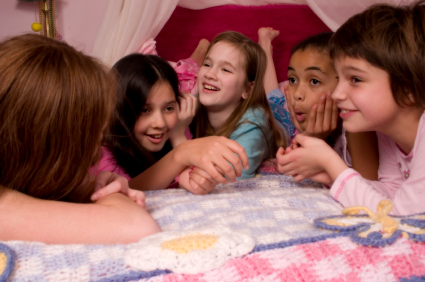article originally written for KSL.com by Jen Lilienstein According to the Center for Applications of Psychological Type (CAPT), introverts represent approximately half (47-55 percent) of the U.S. population, even though “the population seems to be about 70 percent extraverted,” according
Nurturing Leadership Qualities in Your Introverted Child









